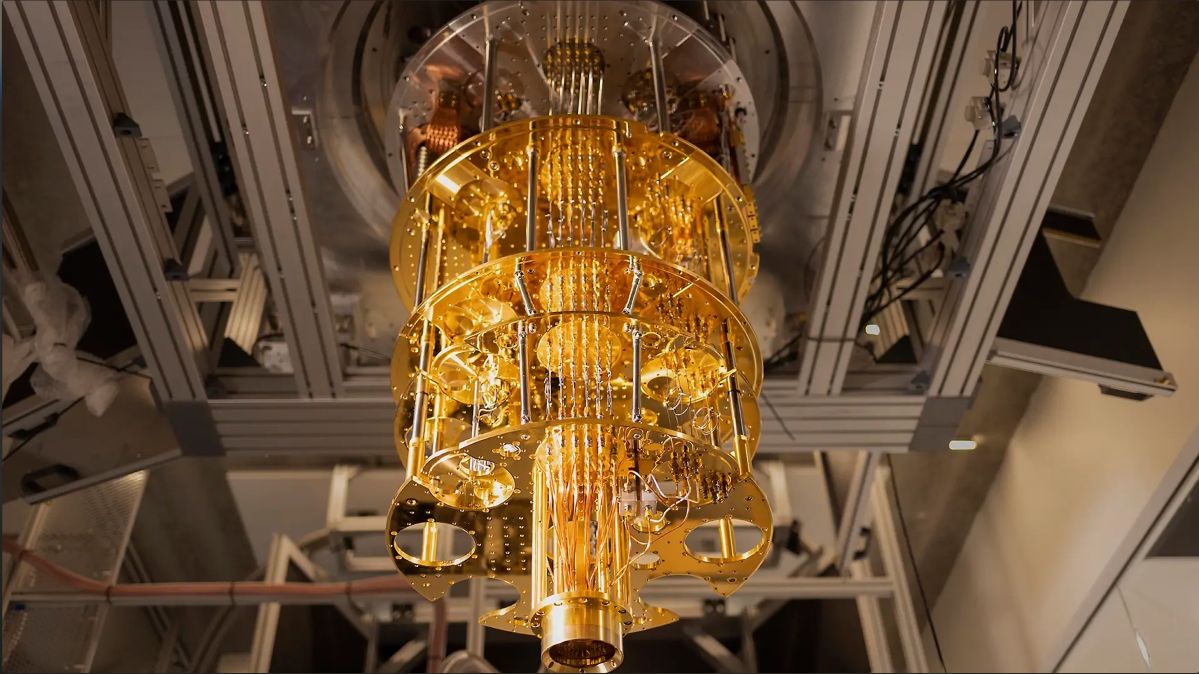- Sponsored
- AI
How the integration of AI and HPC is turbocharging scientific research

The convergence of artificial intelligence (AI) and high-performance computing (HPC) is providing researchers with new and unprecedented computing capabilities, which scientists say are propelling research organizations into a new era of supercomputing and discovery.
The combined power of AI and HPC is turbocharging research breakthroughs across various scientific disciplines and helping to fast-track solutions to complex global challenges. Those breakthroughs are also providing an early glimpse into the potential of quantum-like computing power, according to a new report produced by Scoop News Group and underwritten by Microsoft.
The transformative potential of AI and HPC became more apparent in a groundbreaking project at the Department of Energy’s Pacific Northwest National Laboratory (PNNL) last year. By leveraging AI to screen tens of millions of potential materials and HPC to perform complex calculations, a team of Microsoft AI experts helped scientists at PNNL achieve in a few months what traditionally would have taken years: the discovery of a new battery electrolyte requiring significantly less lithium.

This remarkable feat, described in fuller detail in the report, underscores the power of AI to vastly expand the scope of research and HPC to determine the most promising avenues, according to Nathan Baker, a key figure in this collaboration and the current Product Leader for Azure Quantum Elements at Microsoft. He emphasized the significance of this approach: “We’re changing the game by using AI to expand the space that you can research.”
A new dawn for supercomputing and chemistry
This accelerated pace of discovery has far-reaching implications for government agencies and research organizations tackling critical challenges such as climate change, energy storage, and drug discovery.
Brian Abrahamson, PNNL’s Chief Digital Officer, underscored the transformative impact: “The ability to narrow down the playing field with millions of potential combinations of elements and structures to dozens in just months — something that would’ve taken decades — the acceleration aspect of this can’t be understated,” he said. “This is a shift that the world of science hasn’t seen since the dawn of supercomputing.”
Accelerating scientific discovery in chemistry, materials and other sciences to solve the world’s most complex problems is at the heart of what led to Microsoft’s work with PNNL — and what’s behind Microsoft’s Azure Quantum initiative, according to Jason Zander, Executive Vice President of Strategic Missions and Technologies at Microsoft. He says that Azure Quantum Elements offers scientists the computing scale of Azure High-Performance Computing in the cloud and the speed of AI to tackle complex simulations and calculations that would be too costly or time-consuming for even the largest computers to solve.
“Chemistry directly touches more than 96% of all manufactured goods, so the system’s potential impact is huge,” adds Zander in the report.
A growing roster of global chemistry firms, including AkzoNobel, AspenTech, Johnson Matthey, SCGC, and 1910 Genetics, and consumer products companies like Unilever, have already been using Azure Quantum Elements to accelerate their research and development efforts, according to the report.
Quantum computing on the horizon
The report also highlights Microsoft’s continuing investment in the development of quantum computing and how quantum computing will likely complement AI and HPC computing.
While “the promise of quantum computing at scale is real,” it’s essential to separate the hype from the hope, says Matthias Troyer, Technical Fellow and Corporate Vice President of Quantum at Microsoft.
He and others argue that certain problems will be better suited for quantum systems than others because of “the fundamentals of quantum physics.” While quantum systems can make calculations more efficiently than classical computers, several critical technical constraints in moving data into and out of quantum systems are likely to remain, making HPC more practical.
Download the full report to learn more about Azure Quantum and the evolution of AI, HPC and quantum computing in government.
This article was produced by Scoop News Group for FedScoop and underwritten by Microsoft.



